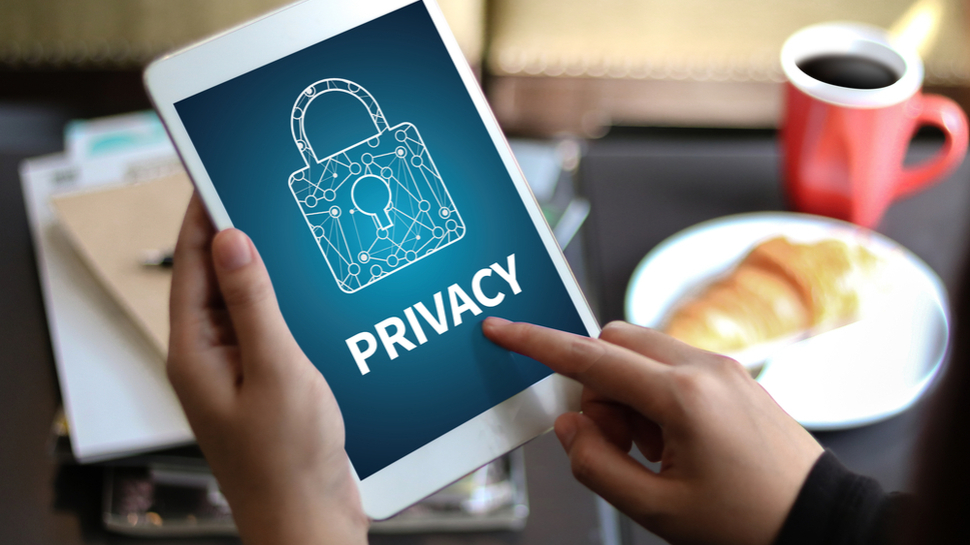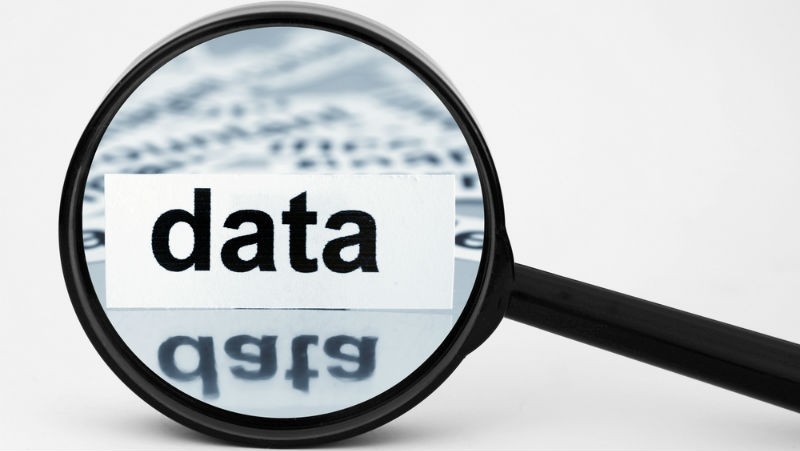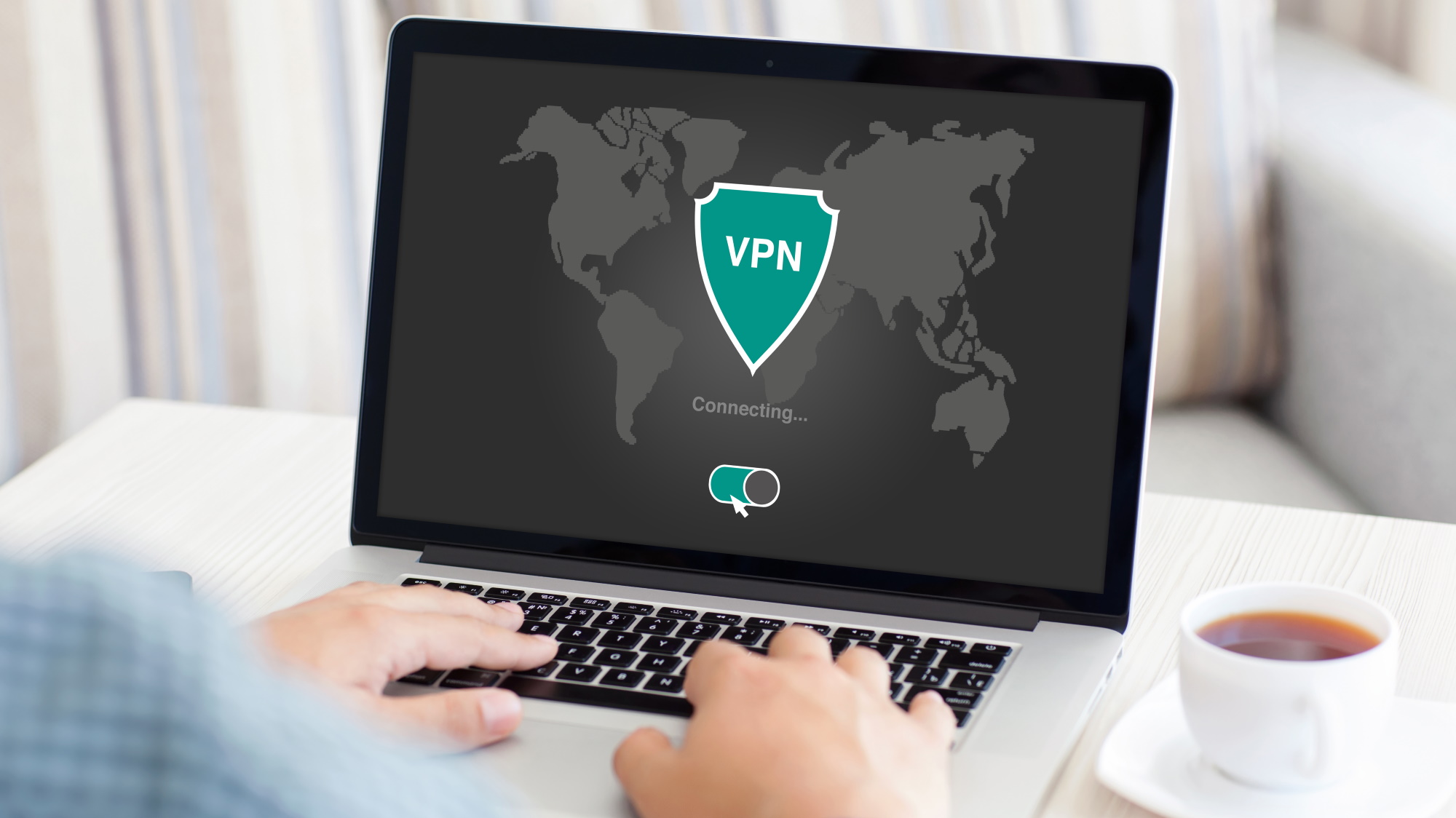The case for a privacy nutrition label
Empowering consumers to understand the trade offs they're making with their data

In today's digital age, protecting your privacy online has never been more difficult. As our lives have become increasingly connected, it's hard for consumers to know how businesses collect and use their data. Some users have turned to ad and tracker blockers to protect their privacy while others are now using VPN services to prevent unwanted tracking online.
Ghostery is aiming to lead the way when it comes to how to better inform users regarding the privacy impact of digital services. TechRadar Pro spoke to company President Jeremy Tillman about this 'privacy nutrition label' as well as the company's decision to include a VPN in its new desktop app.
- Firefox 65 announced with improved online privacy controls
- 6 ways to protect your family’s online privacy
- Also check out the best free privacy software
What are some of the main challenges you face as Ghostery's president?
We come in every day and work to try to help consumers protect themselves from an evil they can’t really see or hear, so there’s always an element of education and it can be sometimes be challenging to elucidate for people just how much of a threat they face from a privacy perspective, just from their everyday browsing and online life.
At the same time, advertisers and tech giants are finding new ways to collect and monetize data everyday so we’ve had to get creative and actually use AI to be able to quickly pick up on new kinds of tracking technologies and ensure we’re protecting our users on all fronts, all the time. It’s an ongoing battle, against some of the world’s largest companies.
Do you think that consumers have grown more concerned about protecting their privacy online?
We’ve definitely seen a spike recently in the overall public’s awareness of the privacy threats they face online and a lot of that stems from companies like Facebook facing regulatory punishment following privacy scandals, as well as emerging privacy regulation.
However, while there’s now greater awareness of the risk we face online, there’s still a massive lack of understanding around how we can protect ourselves. The emergence of differing state by state regulations hasn’t helped in educating the public around their rights with their data and how they’ll be protected by the government, it’s mostly just led to more confusion.

What steps can people take to better protect their personal data from falling into the wrong hands?
Privacy tools are probably the quickest and easiest way to lock up your data and ensure it’s not being tracked behind the scenes. Some other things consumers can do include evaluating what info you’re sharing with apps, clearing your cache, cookies and browsing history and delving into browser settings to opt-out of any kind of data sharing that you can.
We often hear the misconception that using incognito mode protects and anonymizes your data, when it in fact doesn’t. Using an ad blocker or privacy tool is the best way to ensure your data isn’t being collected without your permission.
Can you tell us a bit more about your idea for a privacy nutrition label and how it would better inform consumers about how their data is being used by companies?
One of the largest roadblocks right now to consumer comprehension about their data and where it’s being collected and shared is privacy policies. If you want to know how a site is going to use your data, you’re forced to enter the legal jargon-filled dark hole that is a privacy policy. Designed to be difficult to understand, they’re an easy way for companies to pretend to disclose how they’re using consumer data, without actually allowing the consumer to understand it.
What consumers need is a privacy nutrition label – something quick and scannable they can look at to see what the privacy impact of a digital service is before they use it, the same way they would look at nutrition info before eating a candy bar. Ideally this could be managed through an agency similar to the FDA, in order to protect consumers and educate them about where their data might be going, in a clear and concise way.
Have you seen an uptick in ad and tracker blocker usage now that people are more aware of the value of their personal data?
We have seen an uptick in usage of many of our products with consumer awareness of privacy threats on the rise. Many of our customers in the past were individuals with higher than average privacy-consciousness and usually a somewhat thorough tech understanding. Now that there’s greater awareness around online privacy threats from the general population, we’re seeing a wider net of people who are interested in finding protection.

What prompted the decision to add a VPN to Ghostery Midnight?
So many of our users also use VPNs as another element of their privacy toolkit so it made sense to integrate our own within the Ghostery environment. Since Ghostery Midnight offers full app tracker-blocking protection across the desktop computer, it seemed like a natural place to also incorporate our VPN for a deeper level of protection.
How do you think the online privacy debate will evolve in 2020 - will we see companies trying to position themselves as more privacy-focused to improve customer trust
The online privacy debate is sure to intensify this year as consumers continue to demand better protection and companies continue to try to align themselves as privacy-conscious, whether they are or not.
If we look to the past year as an example, nearly all privacy features debuted by companies have been more of a marketing tool than an effective privacy change. Google’s auto delete timers simply meant you were able to delete stored data after they had already sold it off to advertisers, Facebook’s pivot to privacy messaging announced by Zuckerberg midway through the year has yet to result in any additional, effective privacy features and the company continues to be sued abroad by authorities over privacy infringements.
With so many companies and regulators failing to follow through on their promises to protect consumer data this past year, this year we can expect to see more consumers work to educate themselves and take privacy into their own hands.
- We've also highlighted the best VPN services round today
Are you a pro? Subscribe to our newsletter
Sign up to the TechRadar Pro newsletter to get all the top news, opinion, features and guidance your business needs to succeed!